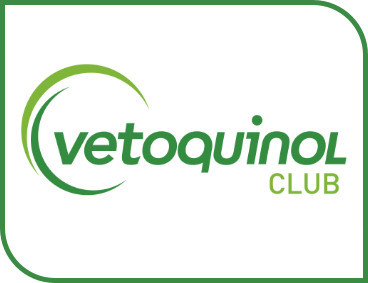
Insect infestation disrupts your production in a damaging and annoying way. This is why you must integrate an insect control protocol into your Biosecurity Program.
Our complete line of insecticides targets insect colonies in a precise and powerful way, reducing insect populations to a manageable level. Vetoquinol insecticides have either an immediate or residual action, and they are available for use on animals or on surfaces. Continuous protection greatly reduces insect infestation and disease propagation. In return the working environment is improved and production output is increased. To be successful in controlling insects, it is important that producers implement a control program that best fits their particular operation.
TARGET SPECIES
 Domestic fly (Musca domestica)
Domestic fly (Musca domestica)
Vector of many disease organisms. Each female, during her 3-4 weeks of life, lays up to six batches of 75-100 eggs. It takes only 8-12 days to grow from egg to adult.
 Stable fly (Stomoxys calcitrans)
Stable fly (Stomoxys calcitrans)
Adults look like house flies except for the pointed beak that sucks blood from warmblooded animals. Females lay up to 5 batches of 100-150 eggs in decaying manure, straw, and feed in a 3-week life cycle.
 Horn fly (Haematobia irritans)
Horn fly (Haematobia irritans)
Target of choice is cattle, but may also infest horses. Adults feed on blood by biting their host. This causes annoyance, loss of weight, general weakening and decreased milk production. Females have a 21-day lifespan and can lay up to 200 eggs.
 Face fly (Musca autumnalis)
Face fly (Musca autumnalis)
Clustering on the face of cattle, adult face flies feed on nasal mucus, tears, and saliva. This annoyance results in decreased feeding and lowered milk production. Potential vector of pink-eye (conjunctivitis).


